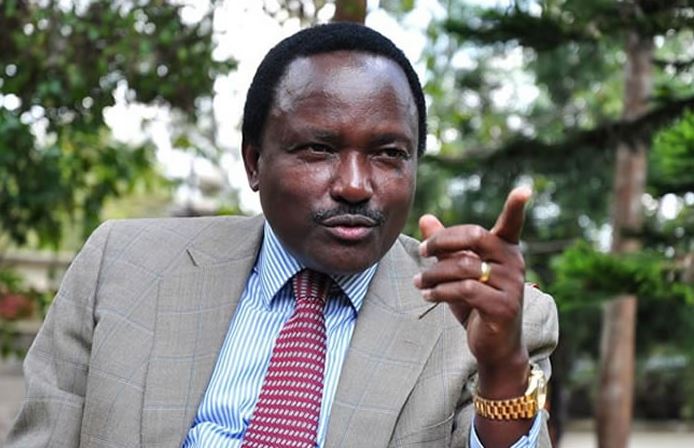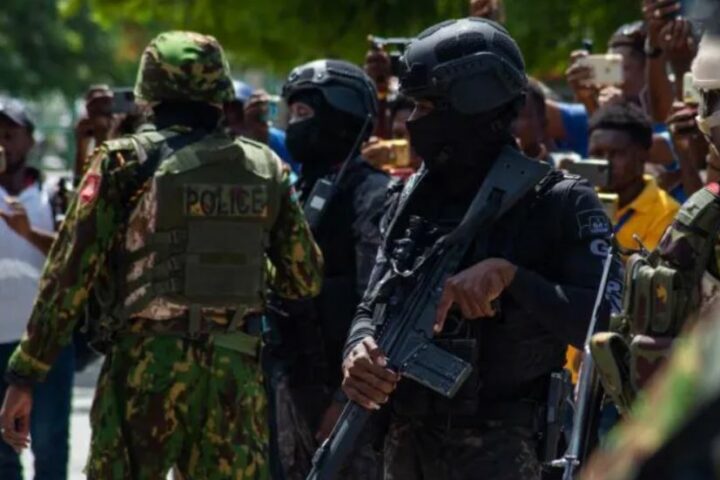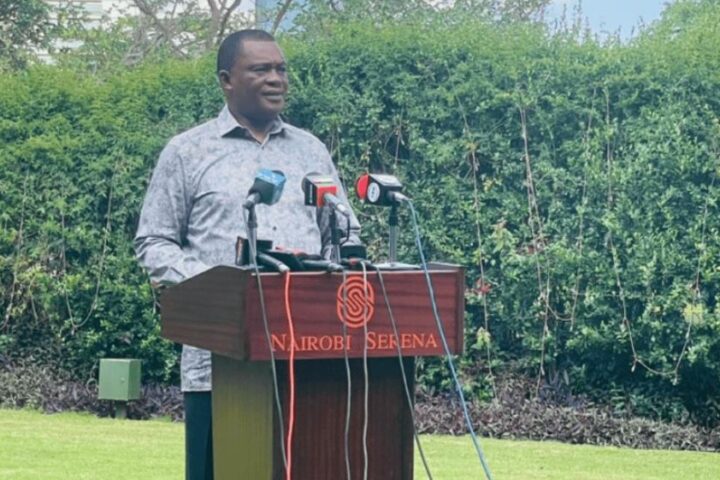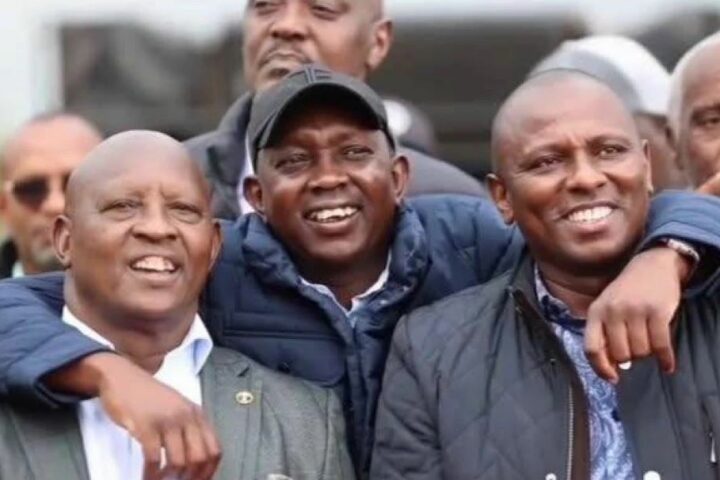 Azimio presidential hopeful Kalonzo Musyoka has spoken out against the housing levy, set to be reintroduced by the government in coming weeks, this time supposedly in compliance with the constitution.
Azimio presidential hopeful Kalonzo Musyoka has spoken out against the housing levy, set to be reintroduced by the government in coming weeks, this time supposedly in compliance with the constitution.
While not the first time the Wiper leader is speaking against the levy, this time Kalonzo was more forthright in what he intends to do with the contentious law.
Posting on X on Tuesday morning, Kalonzo stated that his first executive action will be repealing the housing levy.
“As President, my first Executive Order will be to repeal the Housing Levy, which is a Slush Fund.”
As President, my first Executive Order will be to repeal the Housing Levy, which is a Slush Fund.#MapemaNdioBest pic.twitter.com/2ejGfYW0x7
— Kalonzo Musyoka (@skmusyoka) January 30, 2024
It’s worth noting that the 1.5% housing levy was in the Azimio manifesto, and they pledged to implement it in pretty much the same way Ruto pledged to.
However, that’s besides the point. The former Vice President, who also happens to be a senior counsel, seemingly doesn’t understand how the legislative process works in Kenya.
By promising to repeal the law through an executive order, Kalonzo is insinuating that the president has wide ranging powers to change any law in this country, just by a stroke of the pen, and without going through parliamentary procedure.
His tweet did not escape the attention of former Chief Justice Willy Mutunga, who pondered,”Senior Counsel In what Article of the Constitution is the so-called Executive Order anchored? Have you been misquoted by the media?”
Senior Counsel
In what Article of the Constitution is the so-called Executive Order anchored?
Have you been misquoted by the media?— Dr Willy M Mutunga, Chief Justice, Kenya (2011-16) (@WMutunga) January 30, 2024
The bill making process is well defined in law, and does not have any allowance for a presidential decree.
The process is the same for either a brand new legislation, amending an existing law, or repealing an existing law.
A bill is introduced to the house either by the executive, individual members, committee of the house, political party or member of the public. It then goes through the normal stages, like first and second reading, committee stage etc. If it passes all these stages, it gets on the president’s table for signing into law.
Based on Kalonzo’s tweet, that would mean skipping all the steps and going straight to the presidential signature.








